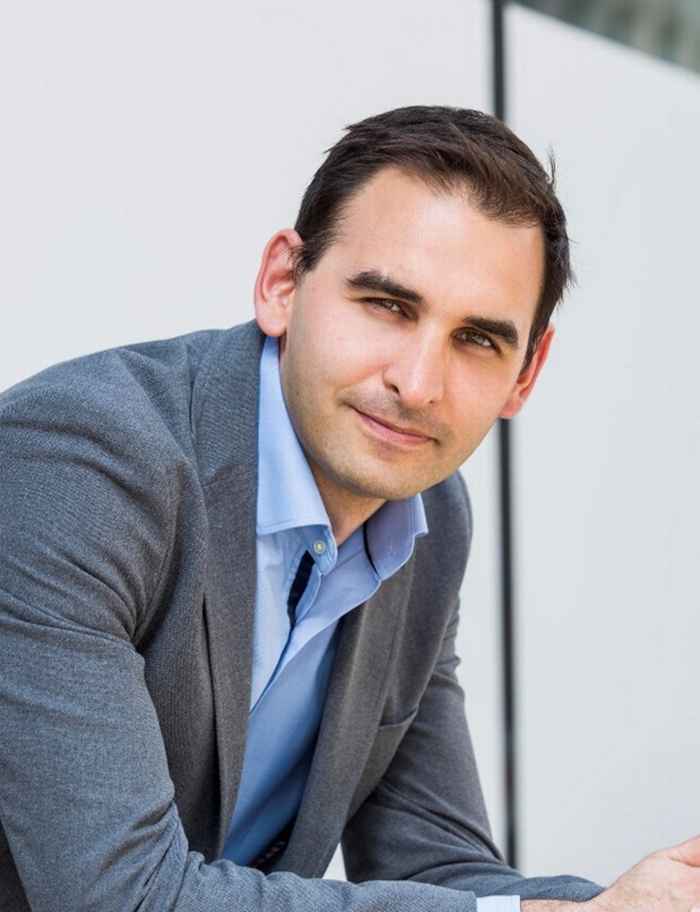Bridging the Gap: Strengthening cooperation between consumer organisations and academia at the IAS
Blog by Alumni Fellow Agustin Reyna
13 March 2024
The IAS stands as a beacon of intellectual exchange in the University of Amsterdam, bringing together scholars and policy fellows from diverse backgrounds. It was within this interdisciplinary environment that I embarked on my fellowship journey, eager to delve into the intricacies of EU law enforcement and explore avenues for enhancing collaboration between consumer organisations and academia.
One of the most remarkable aspects of my fellowship experience was the vibrant exchange of ideas facilitated by IAS. I had the privilege of engaging with experts from various fields, each offering valuable insights into the challenges and opportunities of interdisciplinary cooperations. These interactions not only broadened my perspective but also fostered a deeper understanding of the interconnectedness between academic research and real-world implementation in the realm of competition and market regulation.
During my fellowship, I had the unique opportunity to host a roundtable discussion with representatives from the Dutch Authority for Consumers and Markets, the Dutch Ministry of Economic Affairs and Climate Policy, the Consumentenbond, industry representatives as well as representatives from the European Commission and competition agencies and ministries of Belgium, Norway, Germany and Sweden. This roundtable provided a platform for constructive dialogue and knowledge exchange to explore innovative approaches to competition law enforcement. Through a collaborative brainstorming, we identified key challenges and opportunities for enhancing competition policy and enforcement mechanisms within the EU in the form of new competition powers to be granted to national competition agencies and the European Commission as the EU enforcer.

Currently, the main intervention mechanisms to make markets work well are tools to prevent the abuse of a dominant position and anticompetitive agreements. However, market failures or market power can also arise in the case of oligopolies who may simply not compete but rather follow each other without needing to form a cartel. Or, where new complex market dynamics can create barriers to effective competition. That is why new competition powers can contribute to making our economy and markets more competitive, fairer and sustainable.
Looking ahead, I am confident that the partnerships forged during my time at IAS will continue to flourish. As we navigate the complex challenges of the modern economy and society, the collaboration between consumer organisations, academia, and enforcement authorities will remain essential in ensuring that EU laws are effectively enforced, and consumer rights are upheld.
In conclusion, my fellowship experience at the IAS has been nothing short of transformative. As I reflect on my journey, I am filled with gratitude for the invaluable opportunities and experiences that IAS has provided, and I encourage other potential policy fellow to embark on this experience.